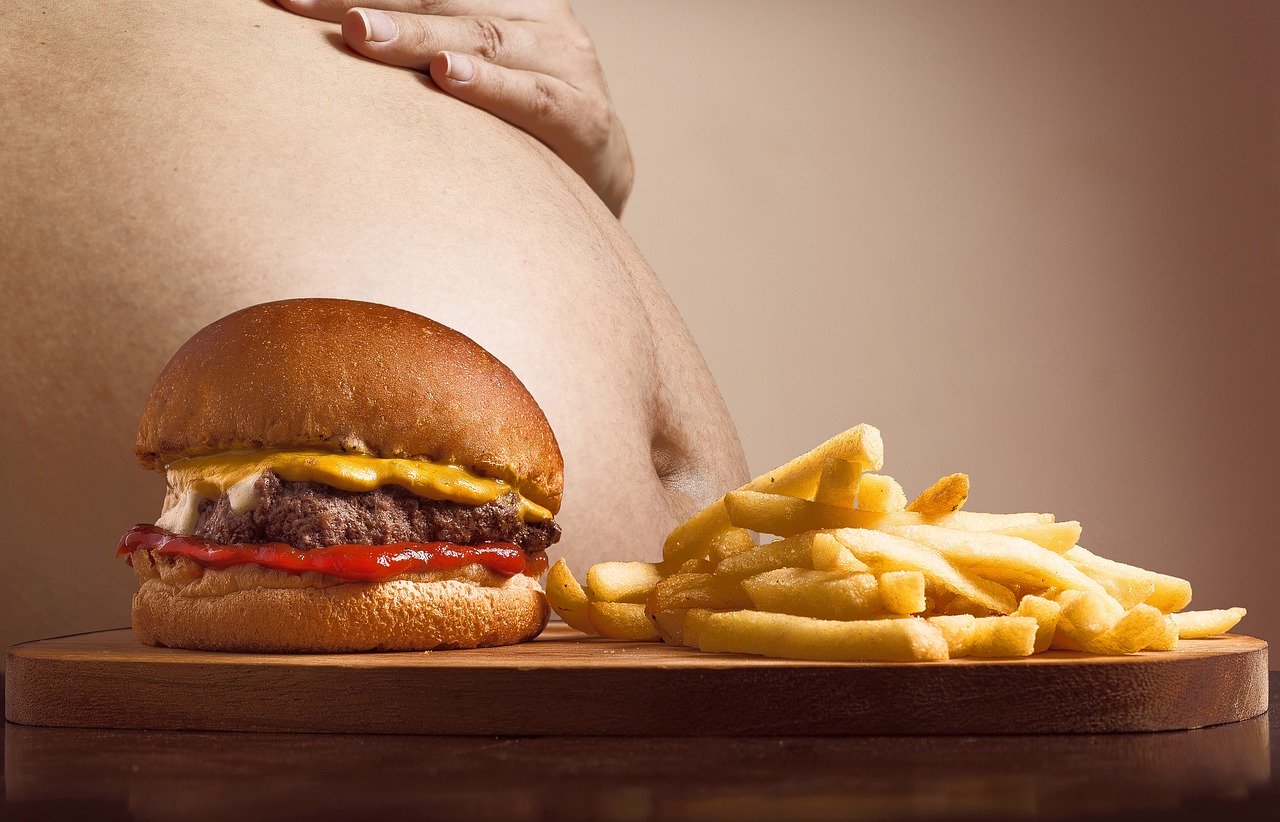In February 2020 researchers from the USA published the results of their study to assess the association between diet quality and inflammation in individuals with major depressive disorder. A total of 61 individuals with the condition on no medication and with varying appetites (39 with a decrease in appetite; 22 an increase in appetite) plus 42 healthy individuals, who acted as a control group, were involved in the study. Dietary information was collected via a 24-hour recall, from which healthy eating and dietary inflammatory scores were calculated. In addition, depression and anxiety levels were assessed, and blood samples taken to assess five inflammatory markers. Results showed that whilst all individuals with a major depressive disorder had a lower healthy eating score than the control group, only those with an increase in appetite had higher levels of the inflammatory markers, interleukin-1 receptor antagonist and interleukin-6. In contrast, those with a decrease in appetite had higher dietary inflammatory scores than those with an increase in appetite and the control group. In addition, greater symptom severity appeared to be associated with a lower healthy eating score and higher dietary inflammatory scores, as seen in those individuals with a decrease in appetite. The researchers therefore concluded that whilst a major depressive disorder is linked to a poor quality diet, irrespective of appetite change, the link between diet and severity of symptoms was only seen in those who reported appetite loss.
Burrows K et al. Association of poorer dietary quality and higher dietary inflammation with greater symptom severity in depressed individuals with appetite loss. J Affect Disord. 2020 Feb 15;263:99-106

